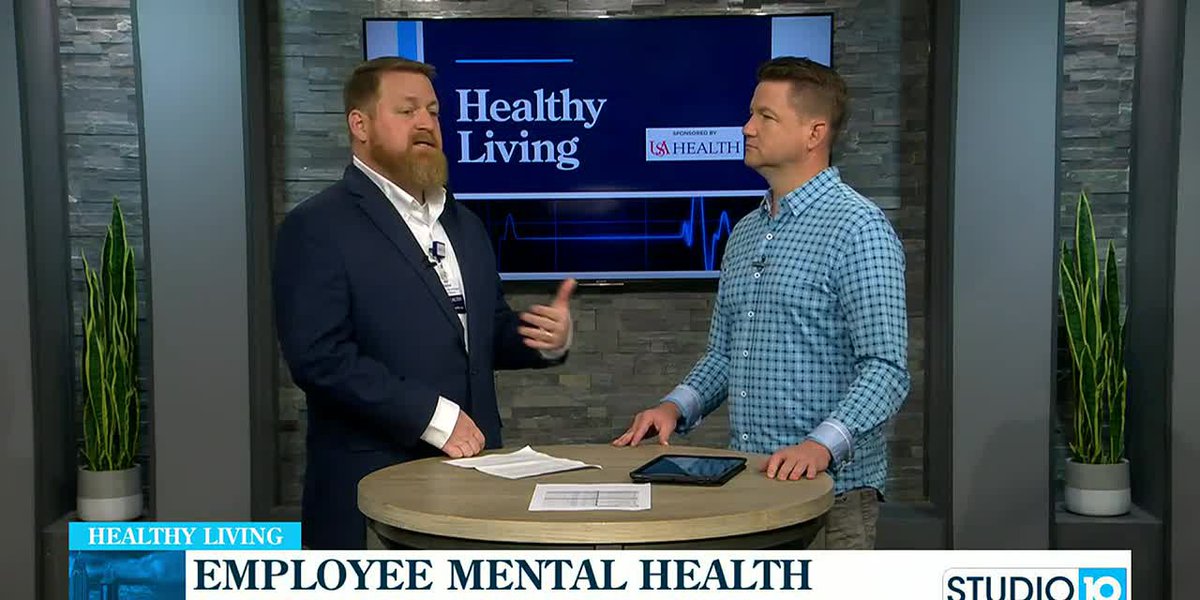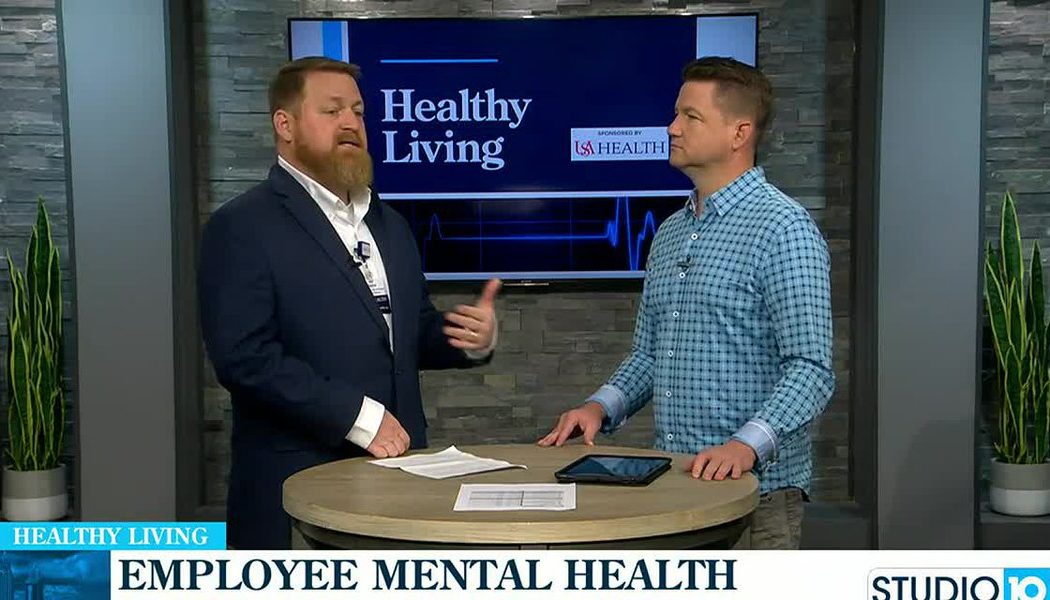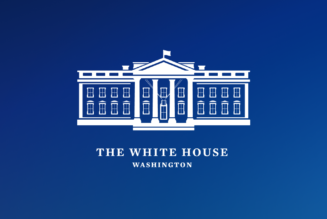
MOBILE, Ala. (WALA) – Fletcher Eaton, Manager of Employee Assistance Program at USA Health , joined Joe and Chelsey on Studio10 to talk about Employee Mental Health Month.
- Why is Mental Health Awareness month important, and what is its significance in the healthcare setting?
Mental Health Awareness Month gives Employee Assistance Programs the opportunity to engage with our health professionals and address the importance of self-care, burnout, work-life balance, developing a healthy support system, mental illness, and other important topics.
This month we held special events at each of our hospitals where our employees were able to come take part in wellness classes to learn new skills in yoga, stress reduction, and mindfulness. We had some opportunities to interact with pet therapy animals, do art therapy with rock painting, and take part in confidential mental health screenings.
- What are some of the challenges to wellness in the workplace for hospital workers?
Burnout has been a concerning issue for some time now. It seems the pandemic pushed the already high statistics even higher. Health care workers are care givers by nature. They are great at seeing needs and helping to meet those needs. They often sacrifice their own wellbeing in the process of helping others. Wellness in the workplace means maintaining that high quality of caregiving without having to sacrifice your own wellness. Other challenges include facing high levels of stress, grief, loss, and long work hours.
- How can an employer be more supportive of an employee’s resilience?
The CDC recommends that employers provide policies that directly address the root cause of burnout and stress. While it cannot be erased completely, the employer can make a difference, and USA Health recognizes this as well by establishing the EAP Services department, Spiritual Care, and other wellness initiatives. The CDC also recommends providing training for staff and management on strategies for stress management and reduction. The Employee Assistance Program provides one-on-one and group sessions with employees, group debriefings to process an adverse or traumatic event, training classes, support groups, consultations with management, and a variety of other services. We also partner with community providers and often refer our employees there for services.
- If you have a friend or coworker who is struggling, how can you help them?
Know the warning signs of stress, anxiety, and depression. If you notice changes in your friend or coworker, it’s so important to have the courage to reach out to them and check on them. Communicate with them. If you are the one struggling, reach out to someone about how the stress is affecting you. You have coworkers, friends, a pastor, a counselor who can help you identify solutions and access resources.
Some other helpful tips: Identify and accept those things that you have no control over. Take breaks at work to go for a walk, take some breaths, stretch, talk with supportive colleagues. Spend time outdoors away from work. Do things you enjoy when you are not at work.
For more information about mental health screenings, you can do on your own or find local support, visit https://screening.mhanational.org/screening-tools/ or
https://namimobile.org/resources/community-resources/
Copyright 2023 WALA. All rights reserved.









